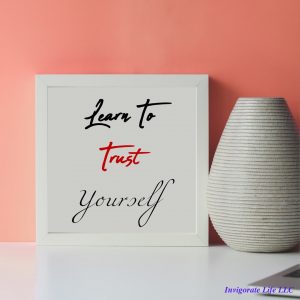Finding Your Inner Treasure
Everyone has treasure deep within. You are no exception. What people do with this treasure can shape their level of happiness and the direction they go in life.
Some people use their treasure wisely. They make a living, but they also bring great joy to themselves and to others. They get a lot back for the amount of time and the level of talent they give out.
You can have this kind of reward. If you know what your inner treasure is, share it with the world. If you do not know what that treasure is yet, you can discover it through some questioning and soul searching. Seek to find out what is really in your heart and mind. Your spirit will tell you what you really should be focusing on. Listen to that small voice inside of you.
Sharing Your Treasure With the World
There are countless ways to share the inner treasure that you have with the world. These can include:
- Getting a job using the talents you naturally have.
- Volunteering to use your talents to help others.
- Teaching others to find their own talents and treasures.
- Becoming an advocate for something you passionately believe in.
- Being a spokesperson for something that matters deeply to you.
There are many other ways in which you can share your treasure with the world. You know you are using your treasure in the right way when you feel true joy and fulfillment.
Locating Your Treasure Can Be Easy
What makes you happy?
What are you passionate about?
What causes do you support?
What kinds of world problems make you sad or angry?
Ask yourself these kinds of questions. Give yourself permission to give completely honest answers without holding back. When you answer these questions with a pure heart, you will discover where you should be devoting your time, energy, and expertise.
Take those things that mean the most to you and see how you can affect them. Do you write? Play an instrument? Sing or dance? Are you a good teacher, motivator, or public speaker? Can you help others reach their goals?
Everyone is good at something! Just spend some time to figure out what your unique talents and gifts are.
When you find that talent and couple it with something, such as a cause, an event, or a person that really matters to you, you can be unstoppable. You will be able to use your treasures and talents for the good of many. As you help others, you also help yourself.
Some experimenting may be necessary to discover your treasure, and that is okay. Everyone goes through times of uncertainty. If the uncertainty leads you to search within yourself for the answers, it has served its purpose.
The most important part of discovering your treasure and giving it out to the world is the journey. The process of exploring your heart’s desires and discovering what is important to you will bring more meaning and fulfillment to your life than you can possibly imagine – and you can start to enjoy those benefits today!





